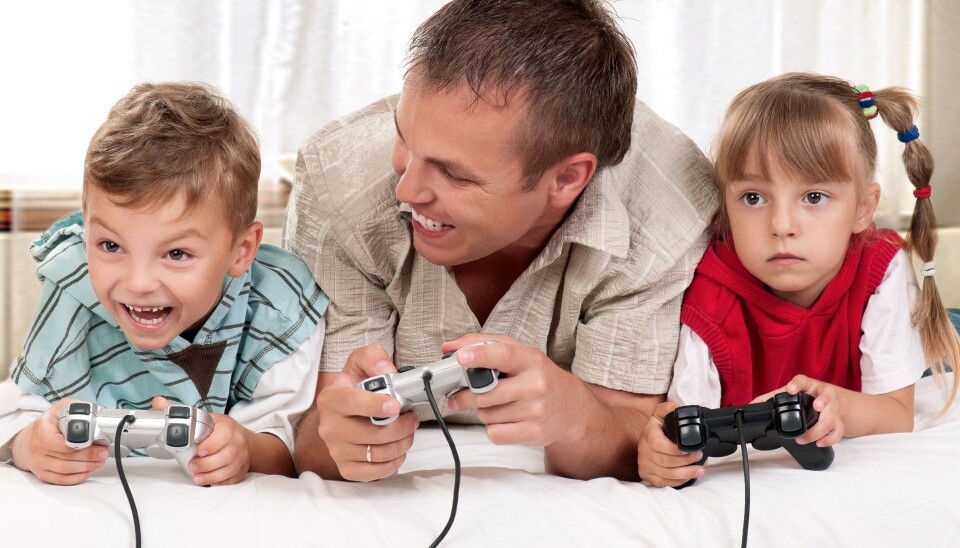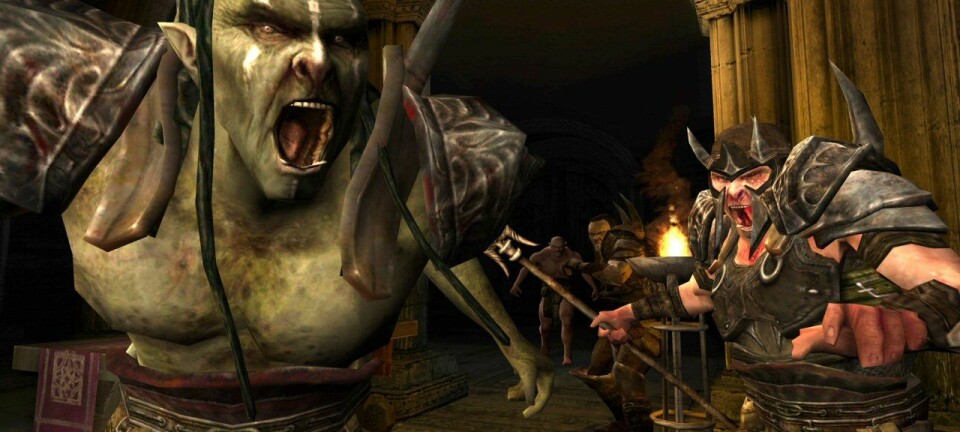
Time to reboot our image of gamers
Who plays computer games? The typical gamer plays to socialise and prefers to play with friends and family, rather than strangers.
Perhaps it’s time to update our conceptions of the role played by digital games in current society, if we are to give credence to Lina Eklund of Stockholm University.
She’s studied the ways we use computer games to socialise with each other.
Eklund think we have misconceptions of who it is that plays games and particularly whom they are playing with.
Playing with family and friends
Over 40 percent of the Swedish population plays digital games in one form or another. Half of these play interactive social games, meaning they are in contact with other people.
Many think these fellow players are random nerds from Germany or Taiwan. Eklund says that isn’t the case.
On the contrary, according to her dissertation the most common gaming partners or opponents are real-life friends, with family members running second place.
Birds of a feather
The research shows that computer gamers consider it more rewarding to play against family and friends. They find it easier to cooperate with people they really know rather than strangers off the web.
Eklund says that even when gamers play with unknown persons, they drift towards players who resemble themselves in some way, for instance ones who speak their native language or who are also parents with young children.
Digital gaming has become part of our everyday lives. It’s now a hobby, not a subculture, writes Eklund in her thesis.
“We construct a social world when we play with one another, whether we play a traditional party game or a digital computer or TV game,” asserts Eklund in a press release.
----------------------------
Read the Norwegian version of this article at forskning.no
Translated by: Glenn Ostling






